A contact center solution is a software platform or suite of technologies that allows users to manage the multiple channels, teams, and processes needed to provide an engaging experience for customers.
It typically combines channels such as chat, email, voice and social media into a single consolidated platform. Contact center agents can use these channels to conduct incoming or outgoing communications. At the same time, the contact center manager or team supervisor takes care of critical KPIs such as service level compliance, waiting times, average call duration, and customer satisfaction through centralized management.
However, most contact center solutions have many more features that providers are constantly improving to differentiate their offerings.
Let's take a closer look at the 10 mandatory features that all customer support systems must provide to businesses -
1. Dashboard connected customer view
An important mandatory feature that all customer support platforms must provide is a unified view of all customer perceptions. This is key to quickly identifying incoming callers and empowering outbound sales agents with high-volume leads.
2. Universal agent management solution
The top customer support management system must have a universal agent management system to monitor calls in real time, analyze agent performance, review angry calls, and so on. In addition, the platform should allow seamless management of teams from different sites as part of a universal management solution.
3. Contextual voice management system
Full recording of all incoming and outgoing calls is an important feature that customer support systems must provide. Solutions should also provide analytical knowledge of voice data, while providing a cyber-centralized management system for all voice information.
4. Omnichannel communication with customers
Strong customer support systems offer customers a variety of ways to interact with businesses, enabling context-rich connections across platforms. As self-service is the preferred first way for almost 66% of customers to communicate, it is important to monitor data across channels to optimize travel.
5. Internal communication mechanism
A robust customer support solution must have an internal communication platform for managers, teams, and external suppliers to communicate with. Key real-time queries, clarifications and information requests can be shared on an internal platform that can be reviewed regularly to optimize training and recruitment.
6. Direct monitoring and reporting
The critical feature that customer support systems must provide to businesses is real-time monitoring of all incoming and outgoing calls, as well as real-time overview of call results. Reporting mechanisms should also be available that provide frequent metric information across all channels.
7. Integrated data analysis
The right data analysis solution can radically change the way companies communicate extensively with customers. Using the right customer support system can generate key information about team performance, customer sentiment analysis, retention, and other critical parameters. Although only about 37% of companies use advanced analytics to create value, there are many ways to scale analytics with better customer support data.
8. Video chat options
Video chat capabilities across the app or platform are critical to optimizing communication with customers, especially for valuable communications such as banking and technical communications. Instant video calling capabilities also improve the quality of communication, which significantly affects customer subscription, problem resolution, retention, and more.
9. Smart Call Ticket Prioritization
By prioritizing all calls on one dashboard, teams can escalate specific conversations, redirect them to other teams, or prepare solutions for niche queries. Prioritizing ticketing is a critical solution that must be present in all customer support ticketing systems.
10. Smart automation of key processes
Automation capabilities can change customer communication while handling queries smartly at a fast pace. Customer support solutions must enable managers to create automation rules for interactions through smart routing, overview mapping, call analytics, and ready-made reporting.
Conclusion
Customer support systems allow companies to easily manage multiple customer conversations. They also help foster a culture of innovation in customer relationship management by increasing team size and facilitating access to caller overview. Therefore, when reviewing scalable customer support systems, companies need to ensure that these 10 features are available as core offerings.

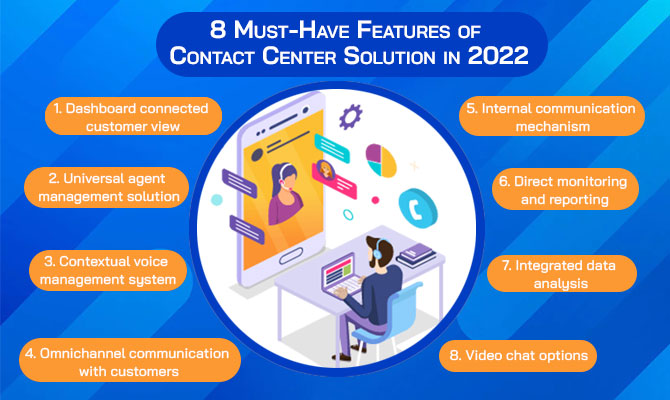
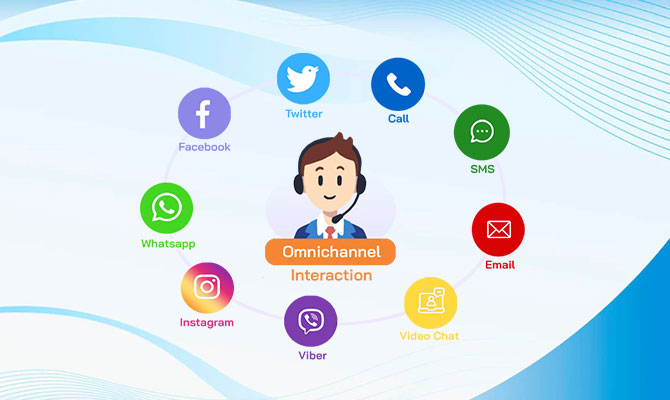




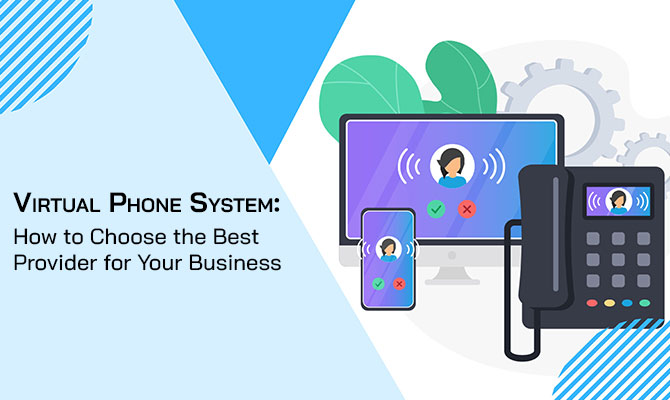







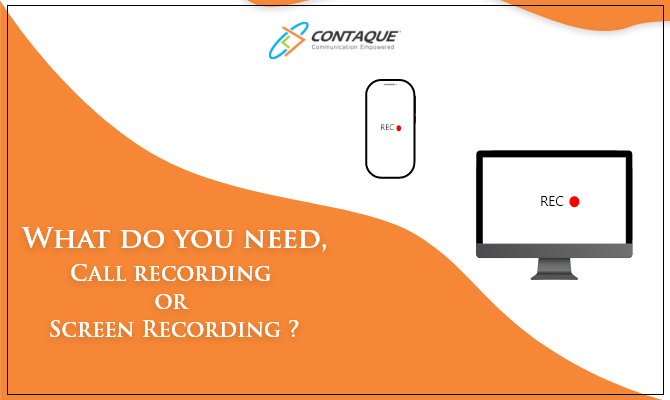






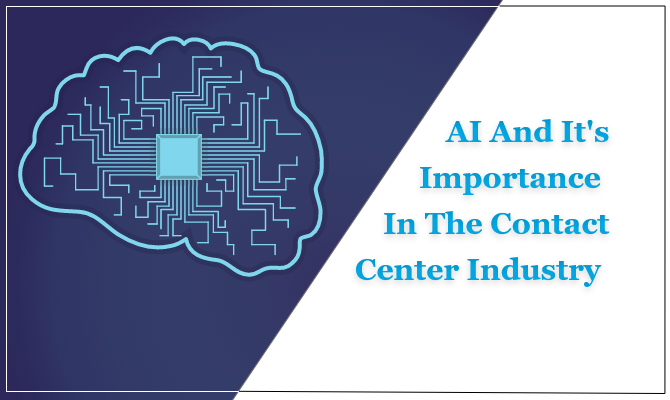

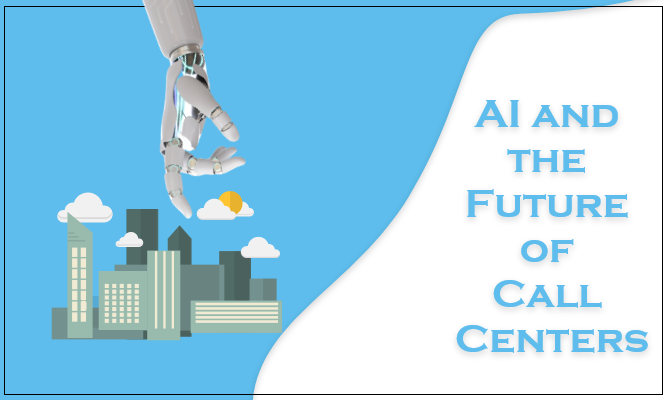


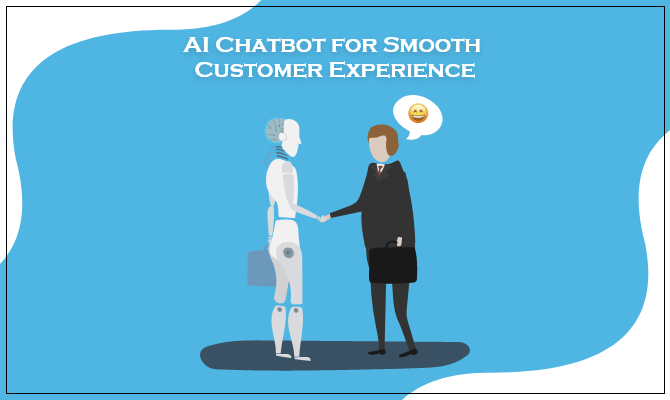
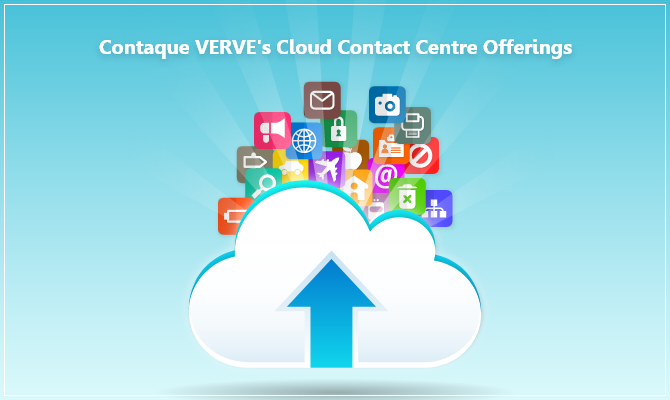
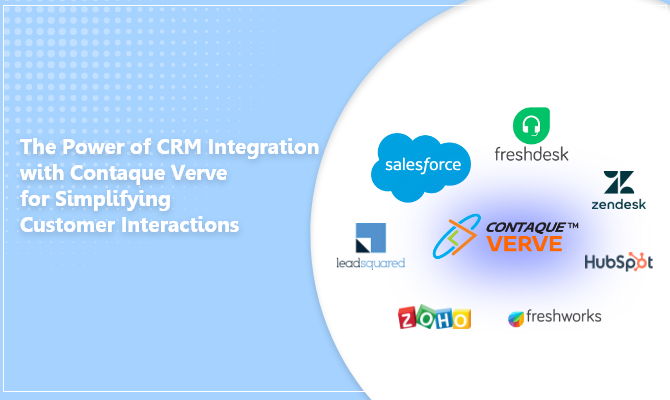

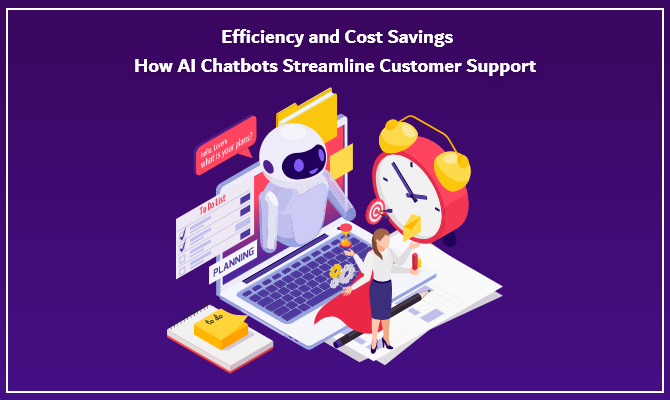



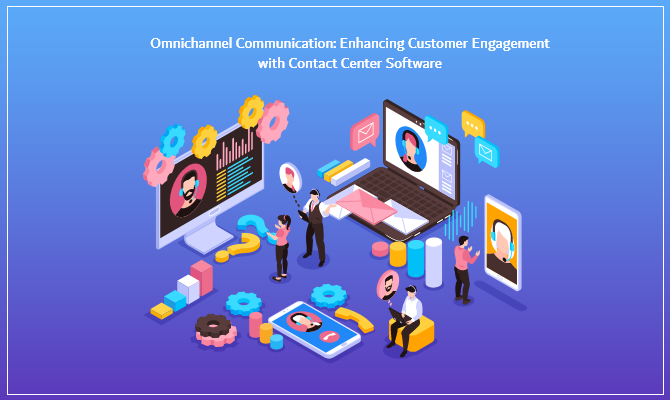






All Comments